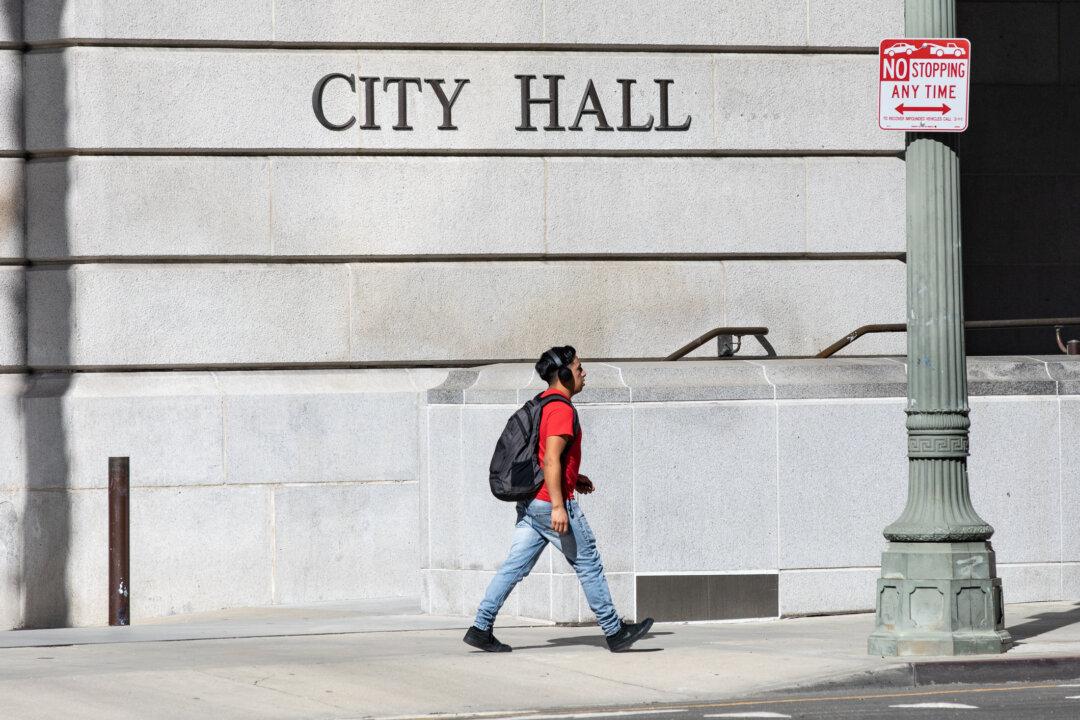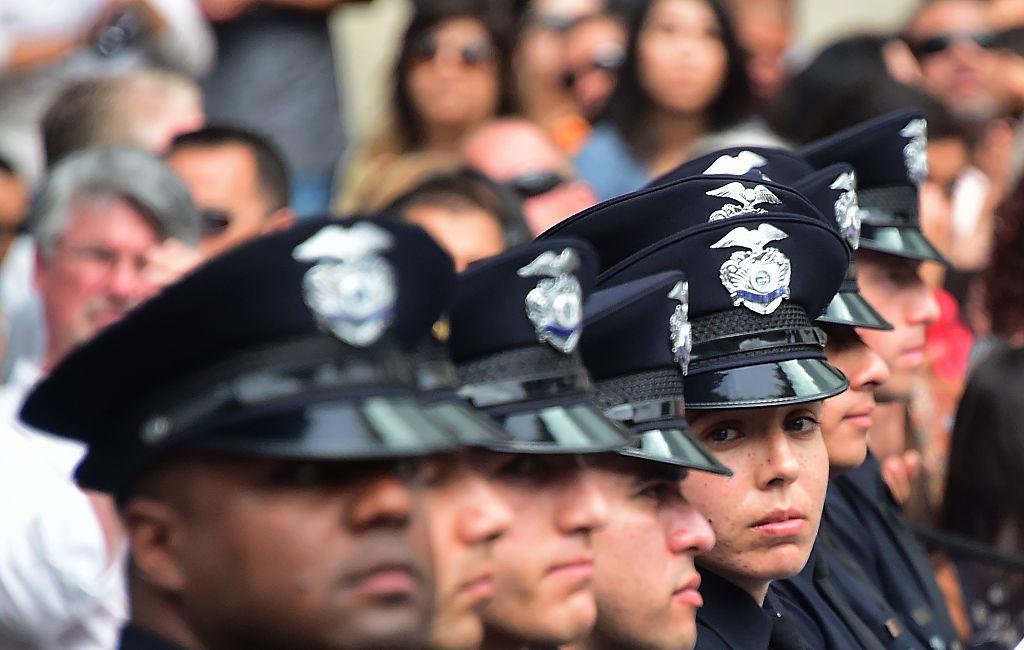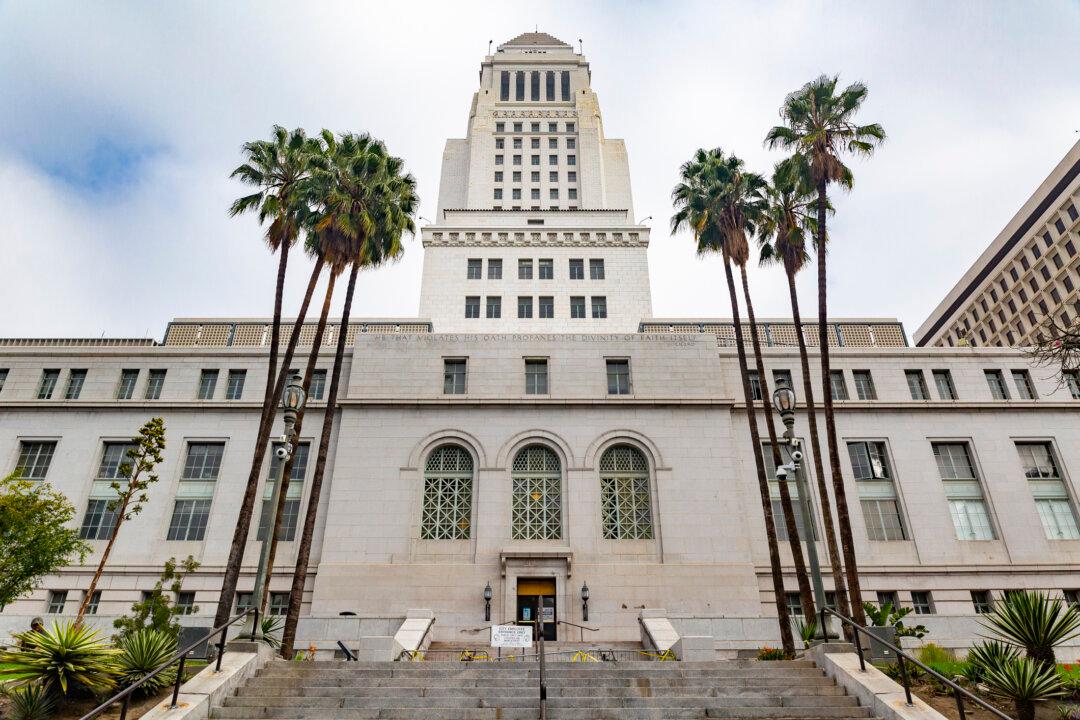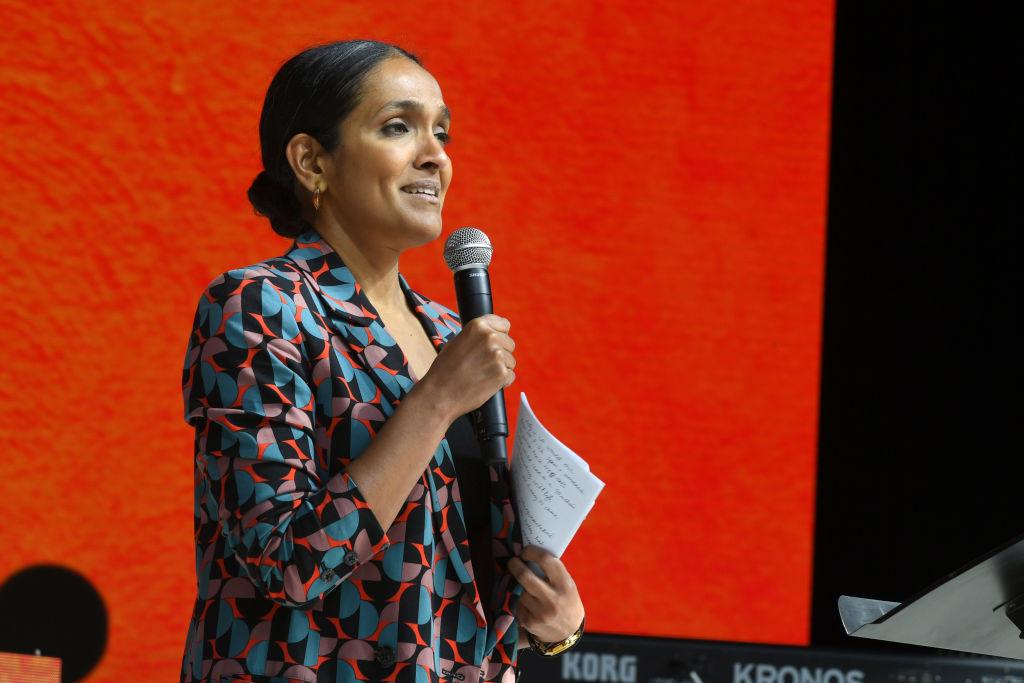Los Angeles is considering an ordinance to officially enshrine its previously only symbolic moniker as a “sanctuary city” into its municipal code, after a proposal was introduced by Los Angeles City Council members Eunisses Hernandez, Nithya Raman, and Hugo Soto-Martinez on March 7.
“Los Angeles is a city of immigrants,'' Hernandez said in a statement. “As the daughter of two Mexican immigrants myself, I know how important and overdue these protections are to our community members.”





